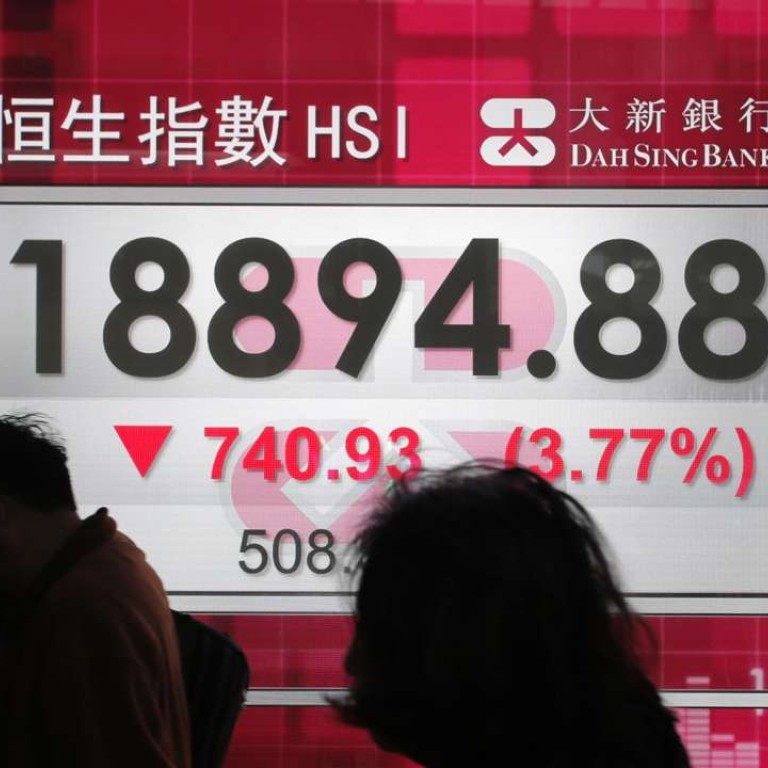
Let’s encourage people to blow the whistle on rule-benders in Hong Kong companies
Chris Fordham says hotlines to report in-house misconduct and protection for whistle-blowers will help local businesses promote a stronger ethical culture
Businesses in Hong Kong and across Asia are experiencing a new normal of market volatility. Business leaders face increased scrutiny of performance and shareholder returns, while governments and regulators are focused on combating fraud, bribery and corruption to protect fragile financial markets.
Rules to rein in stock market volatility in Hong Kong will benefit small investors
Ernst & Young surveys on fraud, bribery and corruption indicate that Hong Kong corporations are at particular risk. This year’s global fraud survey found 64 per cent of senior executives here could justify unethical behaviour to meet financial targets. And our 2015 Asia-Pacific fraud survey of middle management and employees found that 46 per cent of Hong Kong respondents believe local management could act in an unethical or questionable way to improve performance.
The results suggest both ends of the staff spectrum acknowledge that pressure to hit targets could see management “bend the rules”. Hong Kong businesses that fail to recognise this are at risk. But it could easily be avoided by implementing basic tools such as whistle-blowing programmes.
The Association of Certified Fraud Examiners recently reported that the most common detection method for fraud was tip-offs (39 per cent), and that organisations with reporting hotlines were much more likely to detect fraud this way.
Hong Kong corruption watchdog ramps up staff training to fight complex commercial crimes
Hong Kong, however, lacks specific legislation to direct organisations to introduce whistle-blowing programmes. Instead, the stock exchange merely encourages companies to adopt such policies. In a business climate focused on cost savings and maximising shareholder returns, companies appear to view whistle-blowing programmes as nice but not essential. Whistle-blowing programmes need to be more than just a “tick the box” exercise. We need to initiate conversations that no longer demonise those who report discrepancies; companies should be praising, rather than punishing, such people.
[EY’s] global fraud survey found 64 per cent of senior executives in Hong Kong could justify unethical behaviour
Companies in Hong Kong can inspire confidence in employees reporting concerns. They don’t need to wait for legal protection; the tone can be set by senior leadership promoting ethical behaviour. Companies can also make it clear that those who report misconduct will be offered protection and confidentiality. Our 2015 Asia-Pacific fraud survey found this was a key hurdle to using whistle-blowing hotlines.
History shows wrongdoings and incidents of fraud will eventually come out and, more likely than not, it will be a whistle-blower who reports it. It’s time to start encouraging a culture focused on stronger ethical practices.
Chris Fordham is managing partner, Asia Pacific, in fraud investigation and dispute services at Ernst & Young Advisory Services Limited. The views here are those of the author
